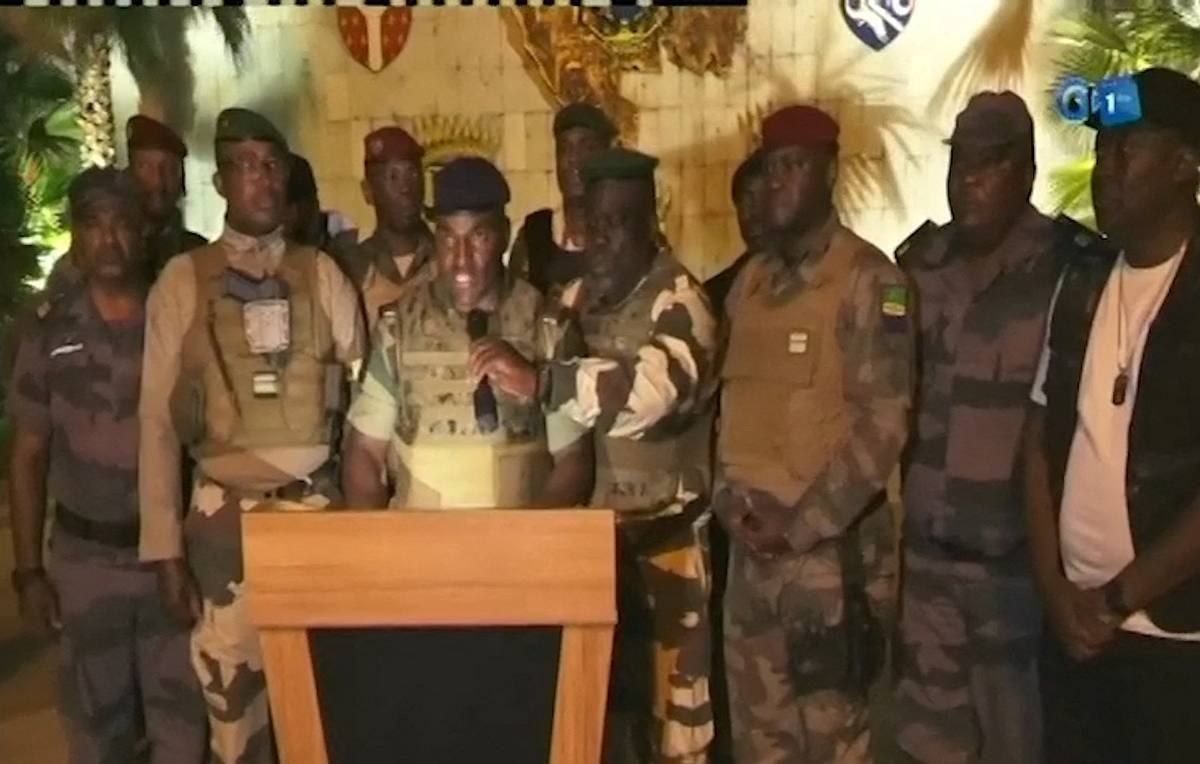In a dramatic turn of events, Gabon’s military has taken control of the nation, as announced by a group of twelve soldiers on national television early Wednesday morning. These officers declared the annulling of the election results from Saturday’s vote, where President Ali Bongo was declared the winner. The move ends the Bongo family’s 53-year rule over Gabon.
The coup leaders disclosed that President Ali Bongo has been placed under house arrest, and his son has been apprehended for treason. The presidency will now be assumed by Gen Brice Oligui Nguema, the head of the presidential guard. The soldiers also mentioned the closure of the country’s borders indefinitely and the dissolution of all republic institutions.
The electoral process leading to Mr. Bongo’s victory had been met with accusations of fraud by the opposition. The military’s intervention follows concerns over the election’s legitimacy and the need to restore stability amidst growing discontent and social unrest.
Global reactions to the coup have been swift. France, Russia, China, and the European Union have expressed concern over the takeover, with calls for respect of election outcomes and fears of heightened instability in Africa. Amidst these developments, French mining company Eramet has halted its operations in Gabon for security reasons.
The coup’s leaders, identifying themselves as the Committee of Transition and the Restoration of Institutions, stated that their actions were motivated by the need to counter the current regime’s governance failures that threatened social cohesion and national stability. While celebratory scenes were observed in some cities, gunfire in the capital and the imposition of a curfew hint at potential resistance against the coup.
This latest development underscores the fragility of political landscapes in some African nations and raises concerns about democratic processes. As the international community closely watches the situation unfold, the future of Gabon remains uncertain.

























